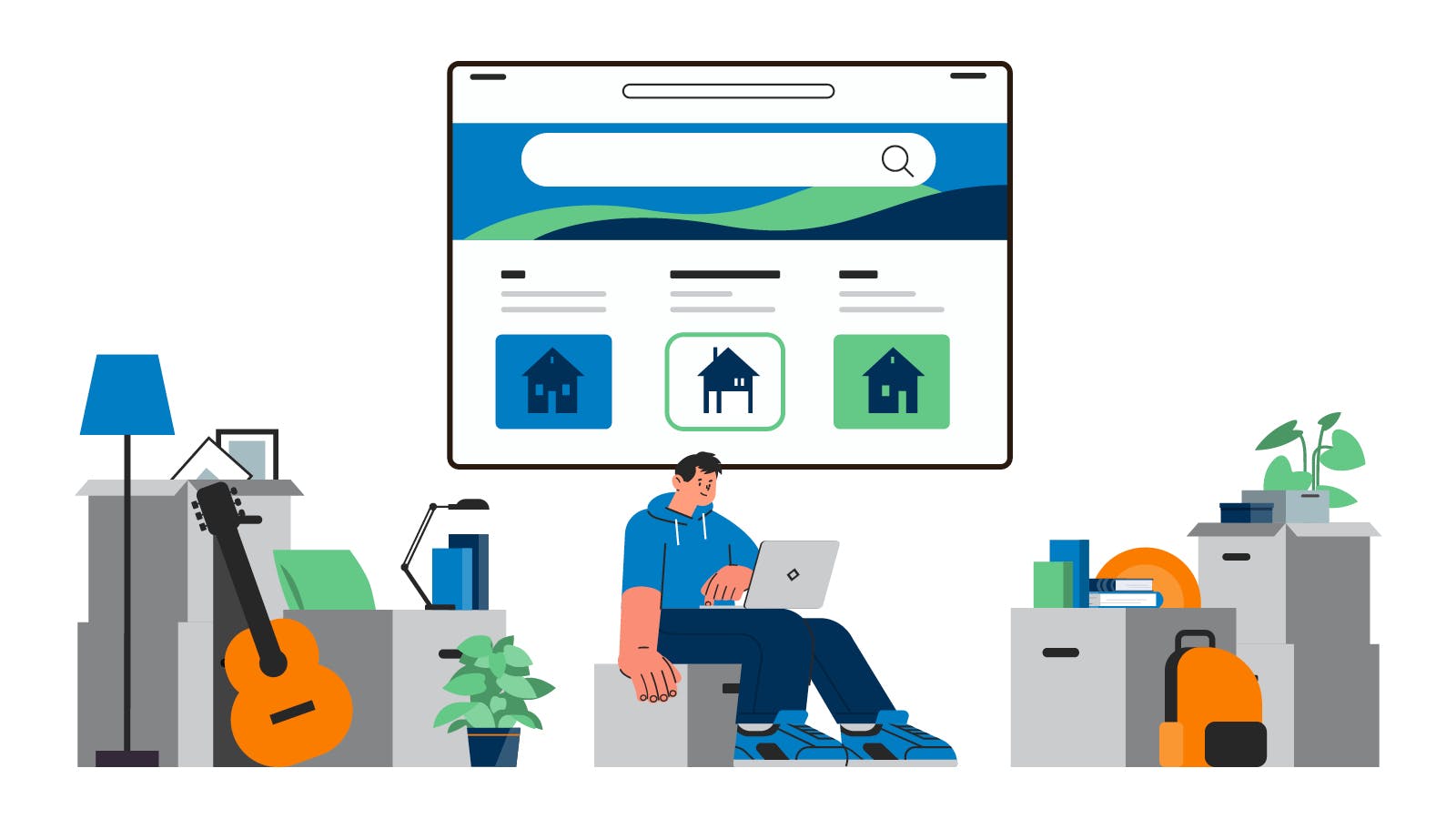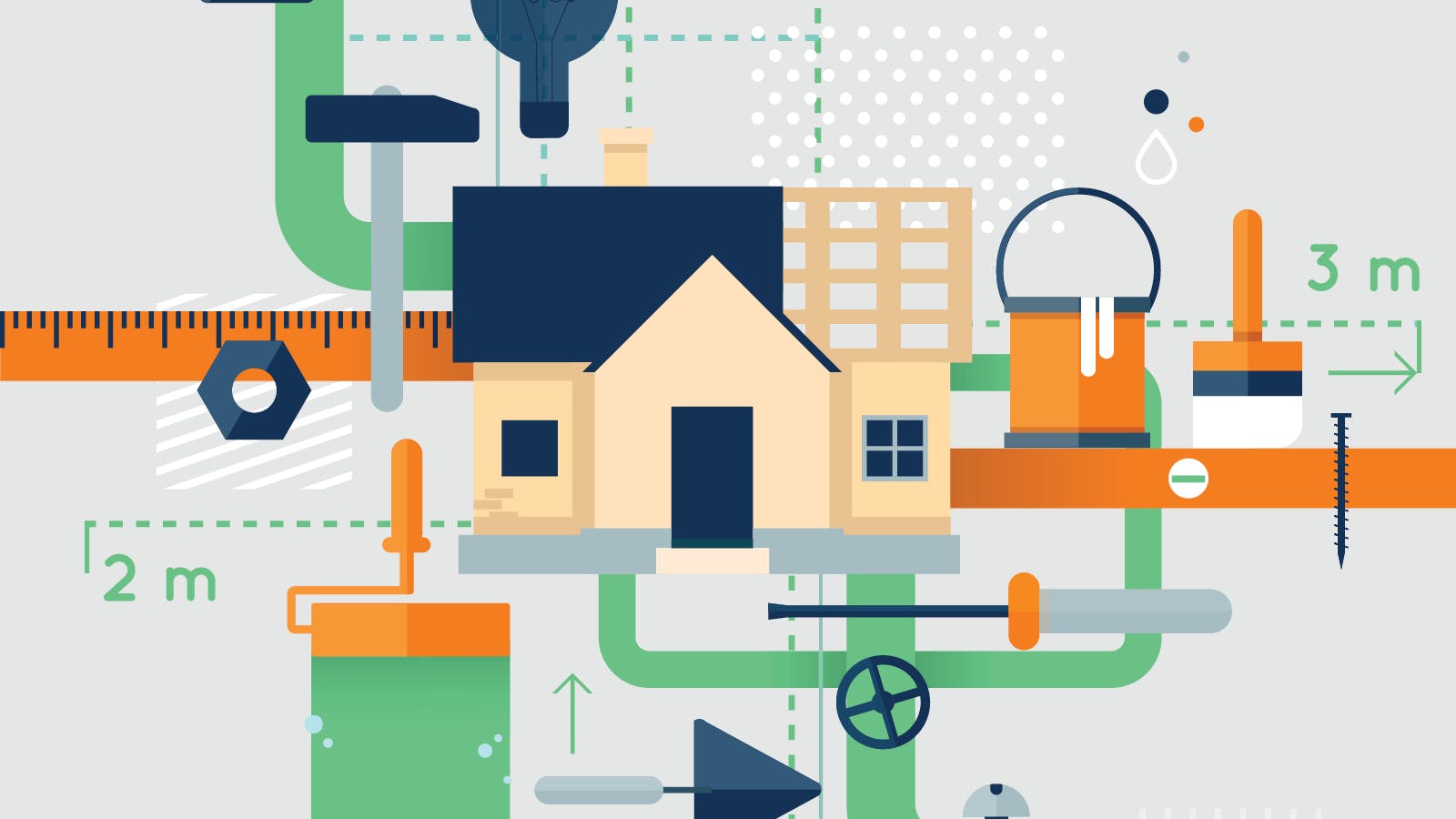For many owners, a home is their most valuable asset. Add to that their many treasured belongings and, in the event of an emergency or disaster, most of us couldn’t financially replace either out-of-pocket. A comprehensive homeowners insurance policy can help protect your home and belongings in some of the worst-case scenarios.
What is homeowners insurance?
Broadly speaking, homeowners insurance is “a form of property insurance that covers losses and damages to an individual’s residence, along with furnishings and other assets in the home” (Investopedia, 2021). Policies will typically cover damage to your home or personal belongings, as well as qualifying injuries that occur within your home or on your property. Like other forms of insurance, homeowners have a deductible, or out-of-pocket cost, associated with any of these incidents (Investopedia, 2021). Once the deductible is met, the insurance company covers further costs.
Why do I need to double check my homeowners insurance policy?
Every homeowners insurance policy is different, and you’ll want to know yours like the back of your hand. Start by reviewing your liability limit, or the amount of coverage in case of incident (Investopedia, 2020). The standard is typically $100,000, but you can choose more comprehensive coverage if you’d like. You’ll want to ensure that this limit is reasonable, particularly in relation to the costs of rebuilding your home, replacing your belongings or otherwise recovering from an incident.
You should also refamiliarize yourself with just what is covered. Some natural disasters, like earthquakes and floods, are often excluded from policies. So, if your home is on a riverbank or near a known fault line, you may want to investigate additional coverage. On the other hand, hurricanes and tornadoes are typically included in a policy. Either way, get a clear picture of what is covered, so you’ll be prepared in case of emergency.
How do I check my homeowners insurance policy?
Each company and policy is different, so contact your provider for assistance. You can also work with an independent broker to further explore your options. Once you’ve located your policy, keep a copy in a fire-proof box or an off-site thumb drive. That way, you can always refer back to it when you have questions, or post-emergency.
Regularly reviewing and understanding your homeowners insurance policy can save you time, money and headache down the road. Your home is likely your biggest investment, so you’ll want to familiarize yourself with the measures put in place to protect it. Then, you can rest easy knowing that your home is in good hands.
Published on June 14, 2021


